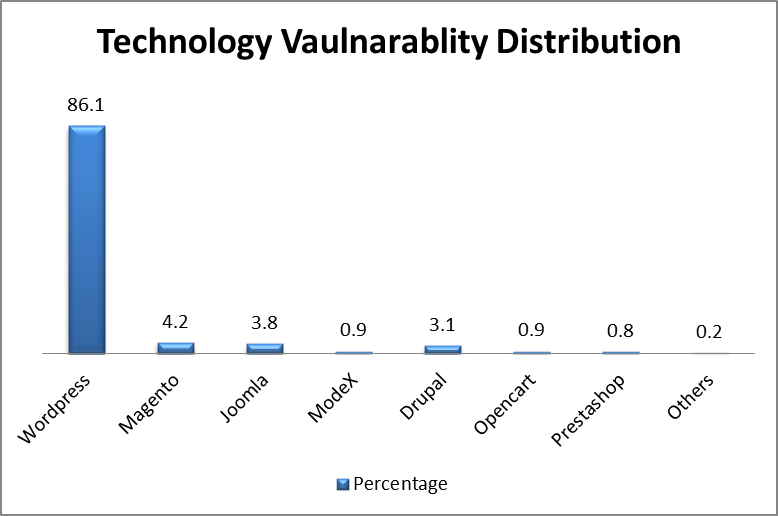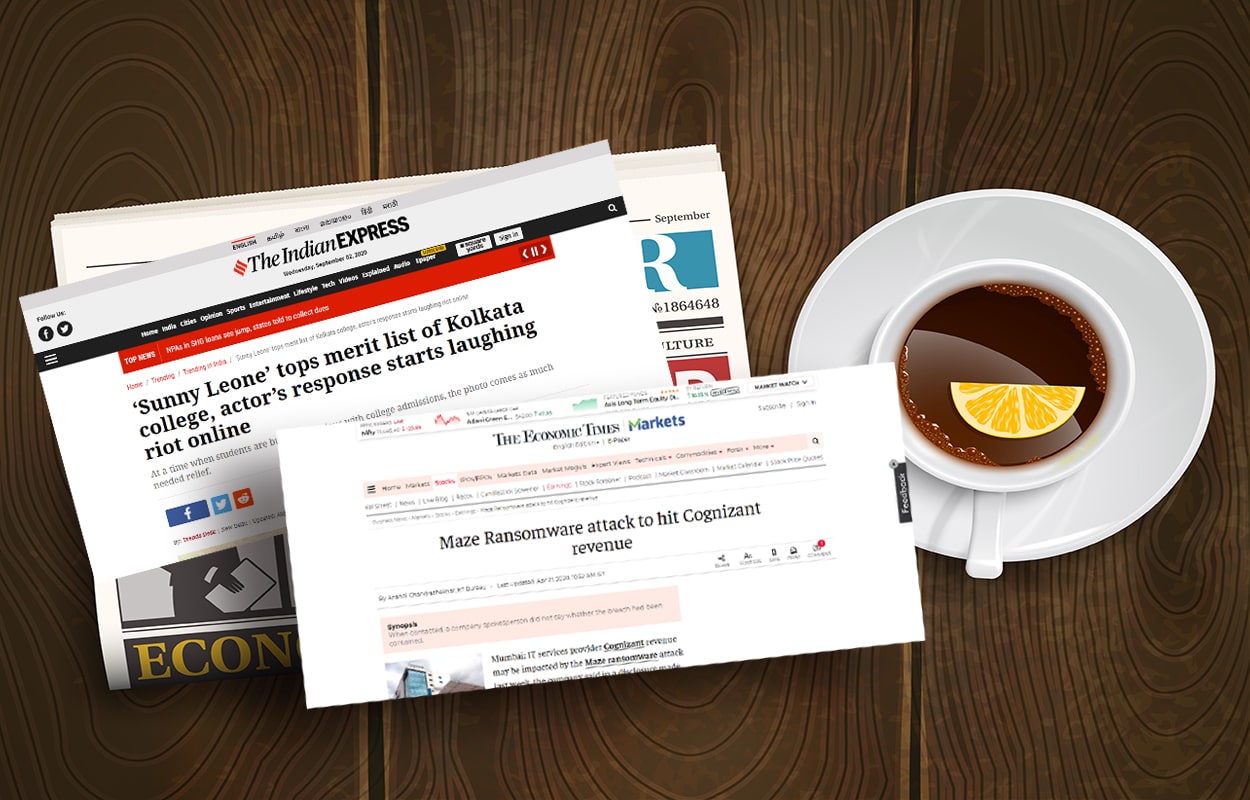Do you read all the hacking news of famous business or websites, and think that ‘my business website is too insignificant to be hacked’?
Then here are some statistics for you.
- According to a 2019 study by Accenture, 43% of cyber-attacks worldwide are aimed at Small & Medium Businesses. (Source- Livemint)
- According to GoDaddy research of more than 1,000 very small businesses, almost 50% suffered a financial loss, and it doesn’t end there.
- As credibility of customer’s data-security is at stake; A 2019 study by US-based National Cyber Security Alliance suggests that 60% of small & medium business that face a website hacking most likely to go out of business within few months.
- A total number of 199, 172, 110 and 48 websites of Central Ministries/Departments and State Governments were hacked during the year 2016, 2017, 2018 and 2019 (till October), respectively," minister of state for electronics and IT Sanjay Dhotre said. (Source- Economic Times)
But why will they choose Me?
- Because your unsecured website is easier to use as a ‘platform’ to do their illegal activities.
You may not have precious gems to hide, but if you keep your doors open, the burglars can use your home as their workstation to harm others.
Although some organizations tend to think that they are not vulnerable to these threats the reality is, neither the size, type of business, nor even the lesser traffic, make the site less lucrative to the hackers. Some of their methods are called phishing, malvertising, SEO spam, Drive-by downloads etc.

What to do then?
SMEs have to understand that protecting your website from hackers is an ongoing process not a one-time one. Here are some tips-
- Make sure your web site is built on a latest platform and standard coding principles were followed.
- Get a review of your website by any professional agency that can test and identify vulnerabilities before the hackers.
- Perform scan on regular intervals to check on your website to look for unexpected changes or malicious content.
- Make sure you have regular backups of your website database and content to recover damage, if any.
- Don’t forget to change your password of admin panel regularly and make sure the password is not too simple or predictable.
For more clarification on security and upgradation of your website be in touch with our team at MCS.
 Rashmi Mukherjee, Director, Mahiruho Consulting Services Pvt. Ltd. (September 07, 2020)
Rashmi Mukherjee, Director, Mahiruho Consulting Services Pvt. Ltd. (September 07, 2020)
